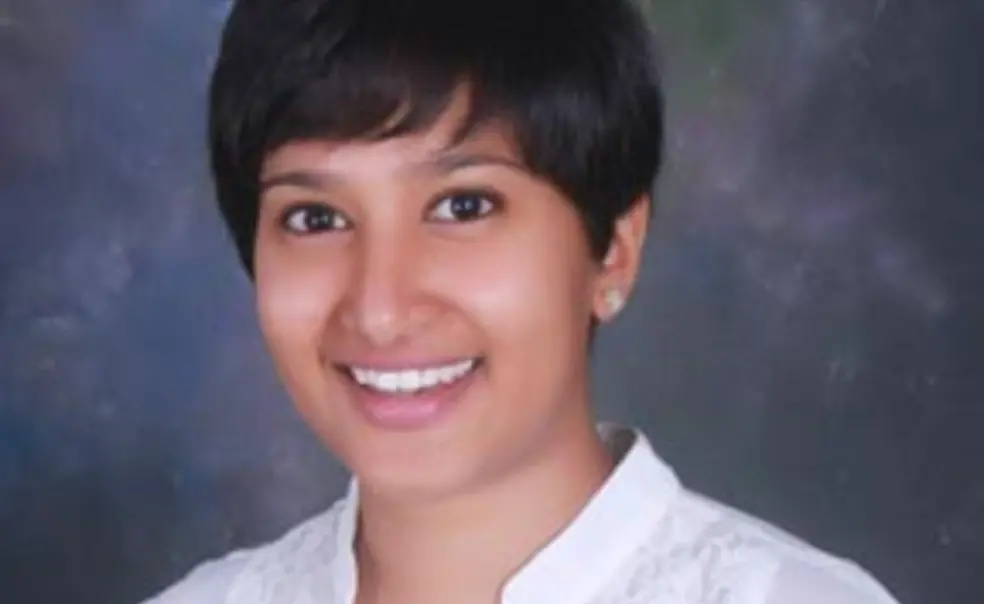Nushelle de Silva ’11, Building Bridges in Sri Lanka
Nushelle de Silva ’11 grew up in Sri Lanka. In 1983, before she was born, the country erupted in what would be a 25-year civil war.
“My parents, who were fairly young at the time, saw the horrific violence that erupted on the streets,” she says. Then, she pauses. “I don’t want to provide details that run the risk of flattening what was a very complex conflict.”
Sri Lanka is a country that de Silva’s parents left and returned to — despite the civil war. After a stint in Sydney, Australia, where Nushelle was born, the family moved to Colombo, the southwestern capital, when she was 7.
In 2004, during a ceasefire, de Silva’s K-12 all-girls’ school visited a sister school in Jaffna, the country’s northernmost city. “It had a huge impact on me as a young girl,” she remembers.
“My childhood was certainly filled with bomb drills and curfews and explosions that took the lives of many — my school was damaged by a bomb a few years before I enrolled — but none of us saw the kind of violence these girls saw on a daily basis,” she says. “It was a sobering visit for a 16-year-old to make.”
Last year, de Silva earned a master of science in architecture studies, a two-year research degree at MIT. Now, she is a first-year Ph.D. student.
In December, de Silva was honored with the Queen’s Young Leader Award for “Building Bridges,” a series of arts workshops for ethnically diverse children and youth in “recently rehabilitated communities” in northern Sri Lanka.
De Silva founded Building Bridges in 2012, with the support of a Princeton ReachOut 56-81-06 grant. She launched the program after graduating from Princeton with an A.B. in architecture and certificates in urban studies and theater.
“Theater had changed how I saw the world and myself, and I wanted to pass on that gift to the children in Chiraddikulam and Kakkaiyankulam,” she says.
Each week, de Silva made the 200-mile trek from Moratuwa, her hometown, with her trusty orange suitcase in tow. She visited two rural villages near the northern border: Kakkaiyankulam (“a largely Muslim community who had recently returned to their village after being subjected to ethnic cleansing by the LTTE [Liberation Tigers of Tamil Eelam]”) and also Chiraddikulam (“a rehabilitated Tamil community”).
“The whole process was fairly delicate,” de Silva remembers. Her first attempt at playing charades with children in the Tamil village wasn’t easy.
“I was trying to keep things simple,” she says. “The children were expected to make a particular face: for example, ‘happy’ or ‘sad’ or ‘surprised’. But I couldn’t get the children to make a happy face. They would just look blank. I remember going home that day feeling a bit shaken.”
Other children, she says, struggled with confidence issues. One girl, Loheswari, began attending workshops in July. “She would hide behind other people and squirm with shyness when she was faced with simple theater games,” de Silva remembers. But Loheswari continued to participate in workshops, week after week. Then, in mid-October, de Silva remembers, Loheswari “surprised everyone” by directing a skit with two boys from Kakkaiyankulam.
“She created a hilarious little piece that had the whole group in stitches! I think she surprised herself,” says de Silva. “And she got an enthusiastic ovation from the other children.”












No responses yet